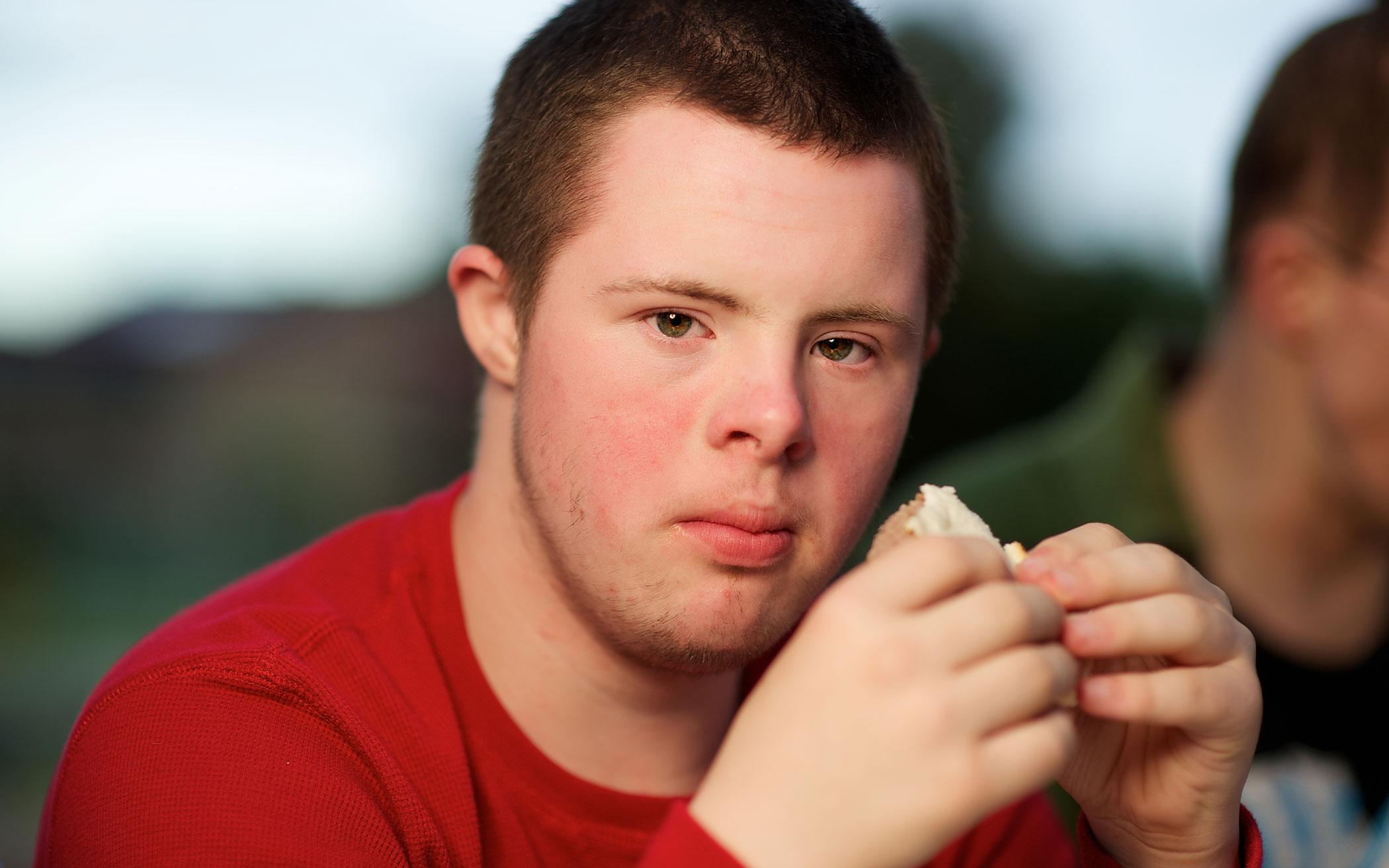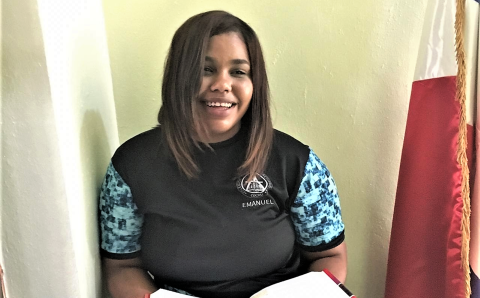If you are the administrator of an independent Christian school, there are two fears that can spring up when a family arrives to enroll a student who has a disability. First, are we going to be able to provide the best situation for this student’s education? What about her peers and classmates? Second, does our school have the financial resources to accommodate this young person?
In our work at the Christian School Foundation Canada, we are tackling the financial challenge, primarily because we think there is an even more important third fear that should outweigh the others: the fear of costing your students, your school, and your community an opportunity that can be transformative.
Who should carry the cost of effectively including students with all kinds of needs in an independent, unfunded, or partially funded Christian school? We believe the entire school and the broader Christian education support community should carry the cost together. Why?
First, there is a practical rationale. A family with a loved one who has a disability often faces a variety of extra expenses in other aspects of their lives. Asking a family in this situation to bear even more costs because they want their child to experience a Christian education seems onerous. It might prevent them from even considering a Christian education.
Second, there are theological reasons to share the cost. If yours is a covenantal school—one that includes students for reasons rehearsed at their baptism—how could you then tell people in this situation that their family will be left largely to their own devices—that your communal promises only go so far? If yours is a Christian school with more open admissions, are other schools in your area more open and welcoming than your school is to all children of the King—even if those other schools don’t acknowledge each child’s royal status?
Some believe that if a family does have the resources to meet any extra costs, they should be encouraged to do so. I would turn that around and say that anyone with resources to help should pitch in. If the family itself has those kinds of resources, they, too, are part of the community and can contribute to the school’s initiatives in this area, according to the ways God has blessed them. But it should still be the school community as a whole that sources and spends the funds in keeping with a vision of their school as a learning community of belonging.
The communal approach has other advantages. If parents pay for the additional support worker, who is in charge of that employee? Can the school’s administrator assign that worker to other tasks or school priorities? What if the support worker has a different approach to education than the classroom teacher? Whose employee is the aide if the parents are footing the bill?
Perhaps I’ve started this article on the wrong foot. Perhaps I shouldn’t have spoken of fear, but of mirrors and the Christian school community’s view of itself. Believing their school to be a place of welcome, openness, and belonging can draw the people in it toward incredible opportunities. Imagine the richness of the Christian education the classmates and teachers of students with disabilities could experience. What do classmates learn about sensitivity to the needs of others, about reliance on others when each of us faces our own limitations, about care and compassion and friendship with those who are very much like us but not exactly like us? In other words, what do classmates and teachers learn about what it means to be a community where everyone contributes and everyone belongs? A community in which we don’t just make room if a brother or sister with disabilities shows up, but a community that is weaker and less rich if they don’t show up?
Who wouldn’t want their child to belong to a school with such a rich view of itself? What school administrator would want to lead a school that is anything less than all that it could be in this way? What administrator wouldn’t fear having the school’s students and its community miss out on this tremendous blessing?
Sara and Ralph Pot, friends of the Christian School Foundation Canada, have reminded us that it definitely did cost the Good Samaritan something in terms of effort and finances to help the injured traveler. But consider for a moment what it cost the priest and the rabbi who passed on the other side. Now that is something our schools should fear!
Of course, fostering a vibrant community of belonging in an unfunded or partially funded Christian school can be a financial challenge. But most actions and attitudes that create such a community don’t have a price tag attached.
How is tackling the financial costs best accomplished in a Christian school setting?
First, collectively decide you want to be a community of belonging. Let the budget reflect this vision.
Second, don’t keep the blessing to yourselves. In your broader community of Christian school supporters, invite donors to respond to the prompting of God and experience his blessing in the process. Donors, like all Christ-followers, want to respond to God’s call to expand the influence of Christ’s love and work of reconciliation in our culture. If God is calling them to support this kind of inclusive vision, we owe it to them to let them respond to God’s call. The Christian School Foundation Canada’s “Belonging Bursary” (christianschoolfoundation.ca) is one example of allowing donors to take action in a way that spurs schools toward more effective ways of being inclusive communities.
Last, take advantage of any available broader community supports. We can learn a great deal from those outside our school community—Christian organizations and public ones—and we owe it to our students to make every connection possible.
Then step back and watch God at work. He is amazing at replacing fear with blessings.
Discussion Questions
-
What has been your experience of families who have children with disabilities in Christian schools?
-
What do you think are some blessings or gifts that students with disabilities can bring to their fellow students and school community?
-
What are some ways that a church community can help families seek Christian education for their children with special needs?
-
Have you ever experienced occasions where God replaced your fears with blessings? What happened? How did you respond?
About the Author
Tony Kamphuis is president and CEO of Christian School Foundation in Hamilton, Ont.








